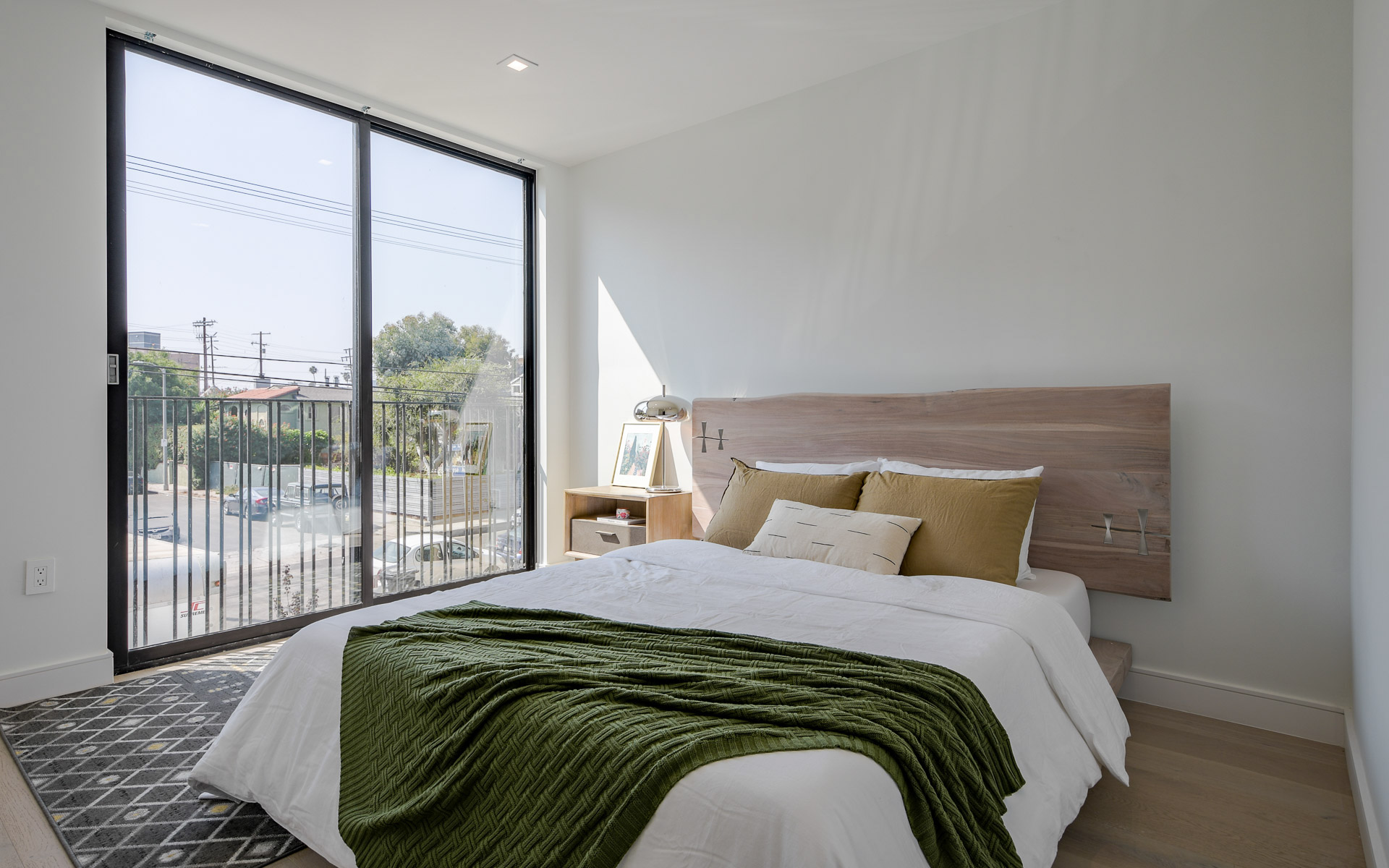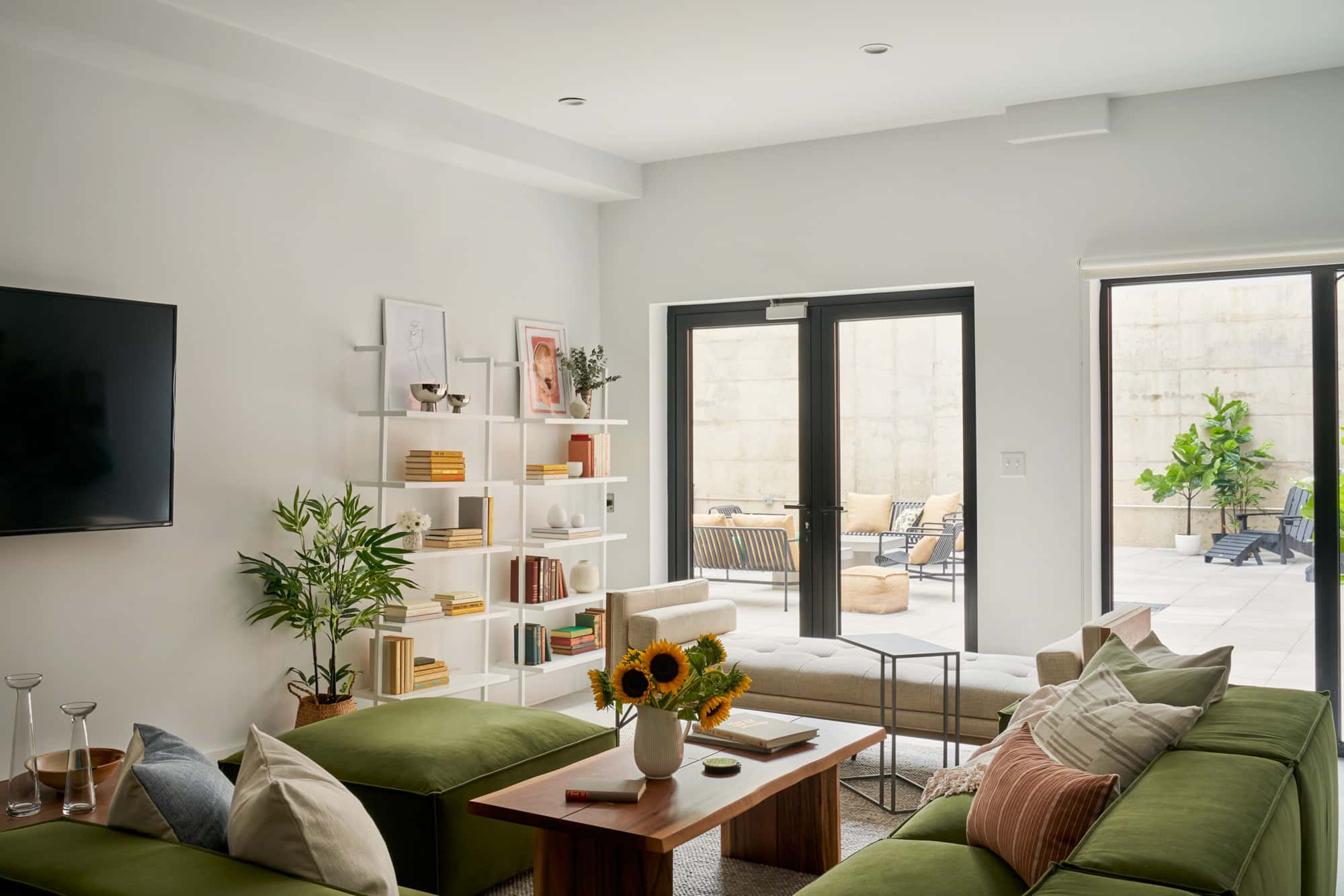From getting packed to hunting for a new apartment, moving can be stressful and there are alot of questions to ask. With so many moving parts, it’s easy to forget some important distinctions in the process.
Do you know the difference between lease and rent?
In short, residential lease agreements typically last for a year (or more), while rental agreements are usually up for renewal every 30 days. While the distinction might seem minor, the route you choose can have some serious implications for you down the line.
However, it is important to note that rent and lease can be used interchangeably and are colloquial terms when it comes to a preference of obtaining and retaining a living space. As you read through this guide, keep in mind that lease and rent are technical terms.
In this short guide, we’ll help you understand what it means to lease vs rent and weigh the pros and cons of each option. Read our guide to remove one potential stressor from your moving equation!
What Does it Mean to Lease?

As of 2019, 36% of America’s 122.8 million households were identified as renters by the Census Bureau.1
If you count yourself among these millions of Americans who depend on renting for their housing needs, it’s important to understand what it means to lease.
When you move to a rental home or apartment, you’ll usually sign a lease agreement with your landlord. These common legal documents are typically written to cover your stay in the rental for a year or more and will likely include the following details:2
- Financial details – The residential lease will detail the security deposit, the amount of rent to be paid per month, and any potential late or penalty charges.
- Occupancy – The lease will name the tenants and state any limits on occupancy.
- Responsibilities – Who is responsible for repairs, maintenance, and pest control? For paying the utilities? The lease contract should clearly delegate these tasks.
- Statement of advance notice – In most cases, your landlord or their representative will need to provide advance notice before entering the property. The lease will specify the amount of notice they should provide.
- Restrictions – Most leases restrict illegal tenant activity, and violating the lease could lead to eviction proceedings. The lease contract should also include information about the number, type, and size of pets allowed in a rental.
A lease agreement can be beneficial for both parties involved, providing security and stability to the tenant and a guaranteed stream of rental income to the landlord.
The most significant feature of a lease is that it sets the amount of rent due from the tenant to the landlord for the duration of the agreement. This means that the landlord is unable to raise the monthly rent despite any changes to property value, tax payments, or maintenance costs.
See related: When Do You Sign a Lease for an Apartment
What Does it Mean to Rent?

Renting a place to live as opposed to leasing is most recognizably different in the duration covered by the agreement.
When you rent a home or apartment, you typically do so on a month-to-month basis. That means the terms can change at the end of each month (as outlined in the agreement).
While many of the same details will likely apply to your rental agreement—the amount owed, fees and deposits, etc.—its short-term nature gives you more flexibility to move out when the time is right.
That being said, a rental agreement also allows your landlord to raise the rent each time your contract is renewed. This exposes you to fluctuations in local property value which are typically absorbed by the landlord over the course of a longer lease agreement.
Pros and Cons of Leasing

Depending on your financial situation and reason for moving, it might make sense to lease instead of rent. In that case, here are some things to keep in mind.
The Benefits of Leasing
The main positive of a leasing agreement is long-term stability. If you plan to stay put for a year or more, you probably don’t want to go through the trouble of apartment hunting, packing, and moving!
In addition, a lease agreement comes with a few other potential benefits:
- Provides stability to you and your roommates or family through the duration of the lease agreement.
- Prevents your landlord from raising monthly rent due to external circumstances like market value, taxes, and maintenance costs.
- Gives you clear information about who is responsible for repairs and maintenance, whether you can keep pets in the rental property, and what you can expect your security deposit to be used for
Curious about how to renew a lease? Oftentimes if you live in a rent-controlled unit, you are able to renew your lease agreement at the same rate as before. Even if your apartment is not rent-controlled or rent-stabilized, you can always negotiate the rate with your landlord when it comes time to renew your lease.
The Drawbacks of Leasing
However, it is important to look into the potential downsides to leasing. Especially in the event of a new job or a sudden life-changing event.
In addition, be aware of these potential cons:
- Because the lease is legally binding, there may be financial consequences should you need to break the agreement for any reason. You could lose your security deposit or, in some cases, be required to pay rent for the remainder of the lease term.
- If the price of renting goes down in your neighborhood for any reason, you will still be locked into the rate you agreed on for the duration of the lease.
Despite these potential negatives, it’s perhaps unsurprising that leasing is preferred by landlords and tenants alike.
Just because it’s common practice, however, doesn’t mean leasing is automatically better than renting. Next, we’ll take a closer look at your other option for securing rental housing.
Pros and Cons of Renting

Say you’ve found a great new job in a city you’re not quite familiar with. Maybe you’d like to take some time to check things out before you decide to lease or buy. Or perhaps you’re working on a temporary project, and you’re not able to commit to a full-year lease.
Whatever your situation, it’s good to know that renting on a monthly basis can give you the ability to search for more permanent housing or move out on your own timeframe.
Like leasing, however, signing a rental agreement has its pluses and minuses.
The Benefits of Renting
The main advantage of renting is the improved flexibility. If you don’t know where life will take you next, it can be the perfect option.
- Renting gives you the ability to move or search for more permanent housing as you see fit.
- If you find issues with your monthly rental agreement, you have the ability to negotiate details with your landlord when you go to re-sign—usually each month!
- If the cost of renting in your city or neighborhood decreases, you can use this to advocate for a lower rent when you go to re-sign.
The Drawbacks of Renting
Keep in mind that the flexibility goes both ways, which means your landlord can decide not to extend your agreement at the end of the month. Some people are uncomfortable with this uncertainty.
In addition, be aware of the following potential negatives:
- If rental prices go up, your landlord can increase rent each time you re-sign the rental agreement.
- A landlord’s decision to forego re-signing could force you to look for new accommodations without much notice.
What’s important is that you make an honest and clear assessment of your financial situation and lifestyle preferences before signing anything legally binding.
If the flexibility and short-term nature of a rental agreement make sense for your needs, then look for a reliable landlord or coliving community that can provide the mobility you crave.
Making Your Decision

Do you crave stability? Are you confident that the neighborhood you’re moving to will be a good place to live long-term? Do you like to feel certain about where you will be living for the foreseeable future? Then maybe a lease agreement would be right for you.
If, on the other hand, you need time to check things out before committing to a lease, or if you plan to spend a few months house hunting before finally putting a down payment on the apartment of your dreams, then you might stand to benefit from the flexibility of a short-term rental agreement.
Common: Attainable Housing at Your Fingertips

If you count yourself among the millions of Americans who rent the place where you live, you know what kind of difference a good rental apartment can make on your quality of life.
At Common, we offer dozens of homes in major cities such as New York, Los Angeles, San Francisco, and Seattle, where you can find a rental that suits your everyday needs. Our living spaces are designed with modernity in mind, giving you access to great amenities like communal spaces, on-site laundry, and high-speed wifi.
Most importantly, our homes are attainable places to live for renters who want a healthy mix of privacy and community in their daily lives.
Depending on the home you move to, Common offers both short- and long-term agreements to renters, giving you the freedom to match your housing to the lifestyle you prefer. Find your home with Common today!
Sources:
- Pew Research Center. As national eviction ban expires, a look at who rents and who owns in the U.S. https://www.pewresearch.org/fact-tank/2021/08/02/as-national-eviction-ban-expires-a-look-at-who-rents-and-who-owns-in-the-u-s/
- Forbes. Ten terms to include in your lease agreement. https://www.forbes.com/2006/09/21/realestate-landlord-lease-ent-law-cx_nl_0921nolo.html
- CNBC. Apartment rent and occupancy hit record highs, even as market enters its traditionally slow season. https://www.cnbc.com/2021/12/06/apartment-rent-and-occupancy-hit-record-highs-in-november.html

